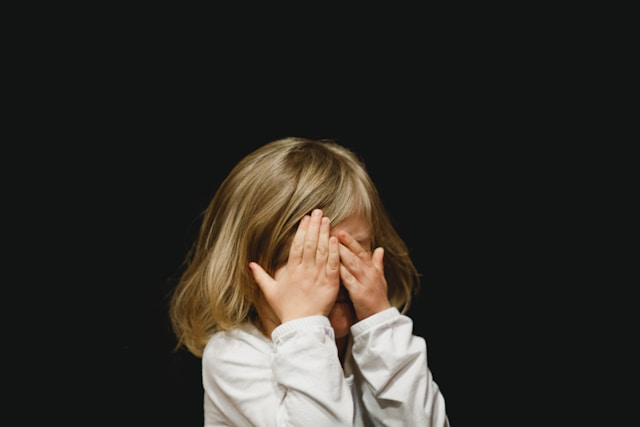My child is having anxiety attacks
8 min read
Depression
Anxiety
Parenting
CBT

Make a Difference

Do you find Alohadoo helpful ?
Help us ❤️ continue offering free services !
I subscribe
I make a donation
As a parent, witnessing your child go through an anxiety attack can be frightening. Anxiety in children is more common than we think, but it often goes unnoticed or misunderstood. In this article, we will explain what an anxiety attack is, how to recognize the symptoms, and how to support your child during these difficult moments. By preparing yourself and responding with patience and compassion, you can make a significant difference in your child’s emotional well-being.
What Is an anxiety attack?
An anxiety attack, also known as a panic attack or anxiety episode, is a sudden and intense period of fear or worry. These moments of overwhelming emotions can be triggered by events, situations, or thoughts.
It is normal for children to feel anxious from time to time, especially when they face new experiences like starting school, social interactions, or exams. However, an anxiety attack is more intense and can leave the child feeling completely overwhelmed, with physical and emotional symptoms that can become persistent and concerning if not addressed.
We refer to generalized anxiety disorder in children when it affects their ability to concentrate, sleep, or act normally.
Causes of anxiety
There are several possible factors that can explain anxiety in children:
1. Genetics: Anxiety can be hereditary, with children inheriting a predisposition to anxiety disorders from their parents.
2. Environmental stress: Changes in family life, school pressure, or peer relationships can trigger anxiety.
3. Personality: Some children are naturally more sensitive, perfectionistic, or introverted, making them more prone to anxiety.
4. Trauma: Past traumatic experiences, such as bullying, the loss of a loved one, or illness, can significantly impact a child’s mental health.
It is important to remember that anxiety in children is not necessarily due to poor parenting or something the child can easily control. Like adults, children with anxiety need support, understanding, and sometimes treatment to learn how to manage it effectively.
Recognizing the symptoms of an anxiety attack
Identifying an anxiety attack in a child can be difficult because the symptoms are not always obvious. Here are some key signs to look out for:
1. Physical symptoms
Anxiety often manifests physically in children. They may complain of:
- Stomachaches or headaches without a clear medical cause
- Rapid heartbeat or chest pain
- Skin issues: eczema, hives, psoriasis, acne
- Sweating or trembling
- Shortness of breath or difficulty breathing
- Dizziness or feeling faint
These symptoms can mimic other physical health problems, so it is important to recognize patterns, especially if they occur in response to stressful situations.
2. Emotional symptoms
Children experiencing an anxiety attack may exhibit sudden and intense emotional reactions such as:
- Excessive crying,...